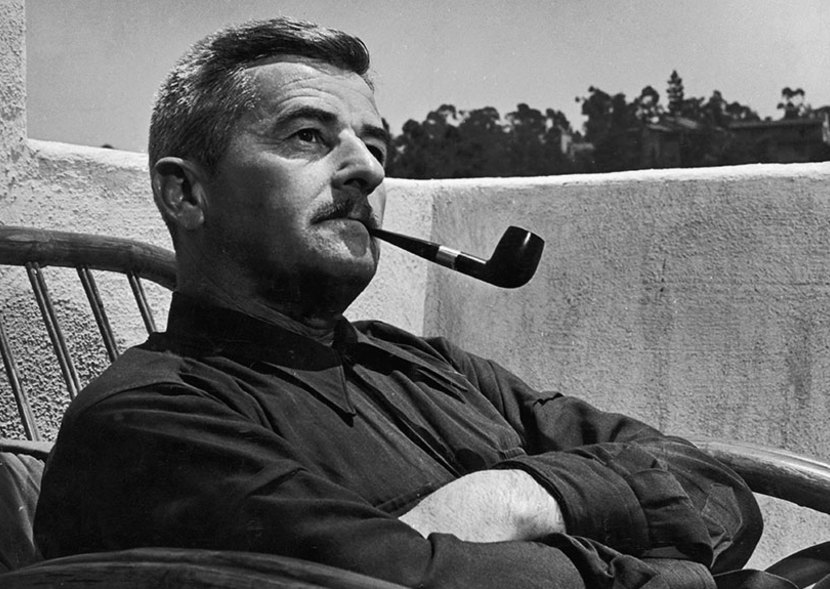As a reminder, this is not a review series. This is not an explicatory series. It is a “Why does it matter?” series. I write under the assumption you know nothing. Faulkner will be revisited later on. We’re building up to things. You may not yet see why this series is what it is, but you will if you follow along.
It is a little unfair to put an author’s entire literary oeuvre as an influential work, but Faulkner’s Yoknapatawpha County stories are vitally important not only to Southern literature, but to the more recent Western Canon.
Why?
1) They reflect back upon everything from Scripture to Greco-Roman myth to the American South. They are chock full of allusion. As a springboard into other literary works, one could do far worse than Faulkner.
2) Faulkner’s writing was dense. Some find it unapproachable, but that isn’t a bad thing. Not every author is for everyone, after all. But it is packed with meaning. I could write a series on his body of work alone. Instead we’re getting a brief blurb on the internet as to why you should be reading him.
3) The Old Verities. I’ll add his Nobel Prize speech at the end of this post for your listening pleasure. It’s something I listen to once or twice a year for my own edification.
As for the man himself, he was a notorious drunk, however he rarely drank while writing. Instead, his modus operandi was to finish a story, lock himself up in his study with copious amounts of whiskey, and drink himself half to death once the story was completed. He wrote for Hollywood, he wrote for magazines, he wrote anything he could to make a buck, but of course his novels and short stories were and remain his most important work.
You cannot escape Faulkner’s work today. Subtle hints lie everywhere One of my favorite foreign films is Gruz 200 by Aleksei Balabanov. It is Faulkner in the 80s in the Soviet Union. It is, of course, a mature film and not suited for younger viewers at all.
So, what should you read? If you had to pick only two, I recommend:
Absalom, Absalom! and The Sound and the Fury. As I Lay Dying is no less good.
With no further ado–Faulkner’s Nobel Acceptance Speech.









